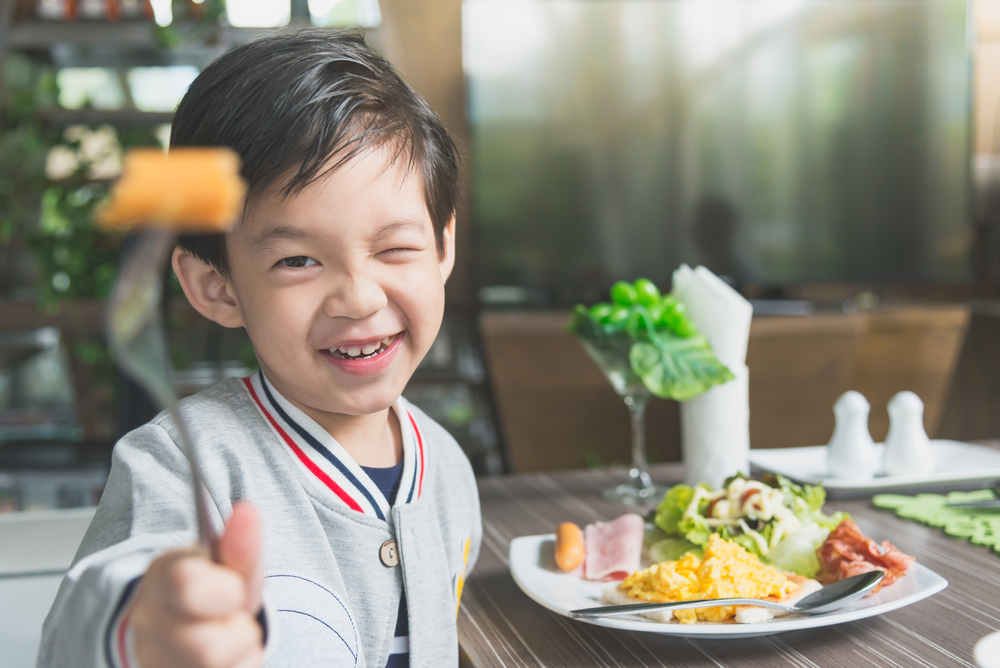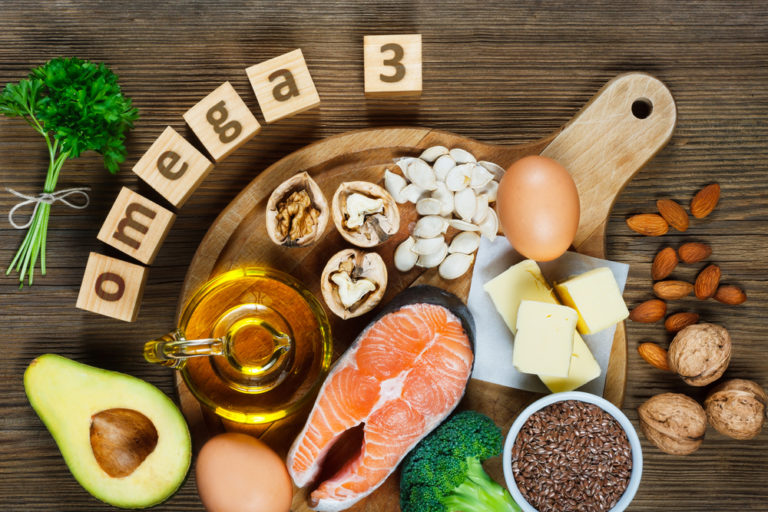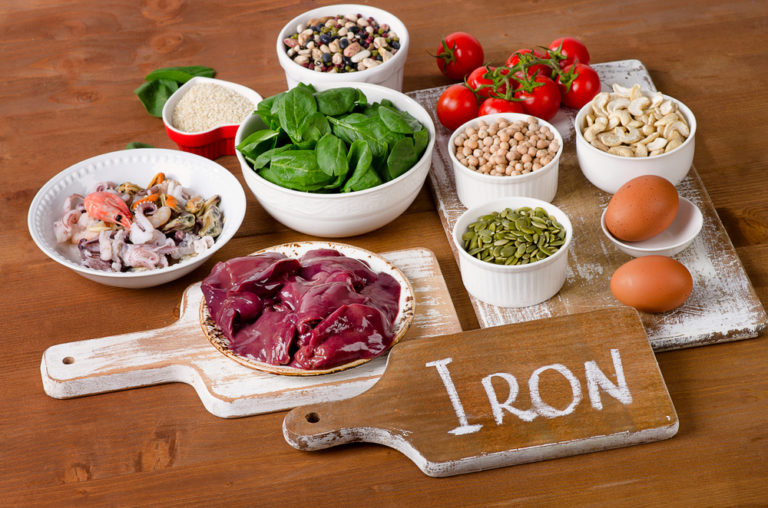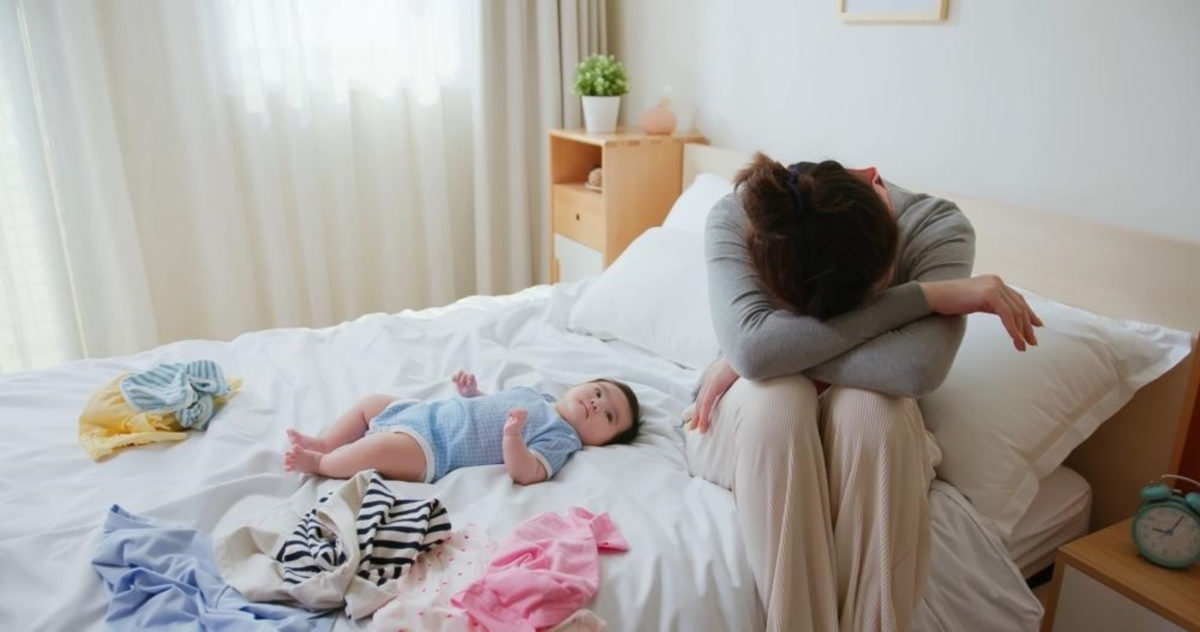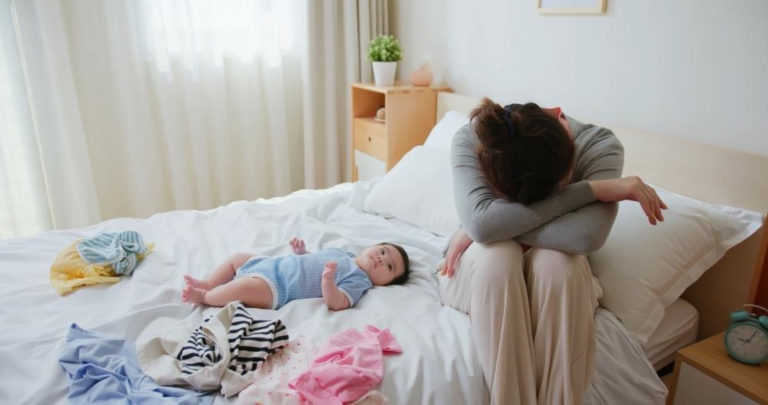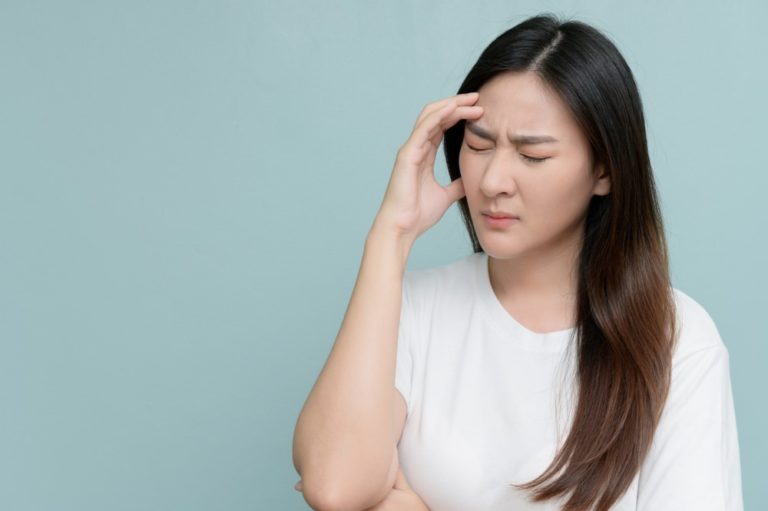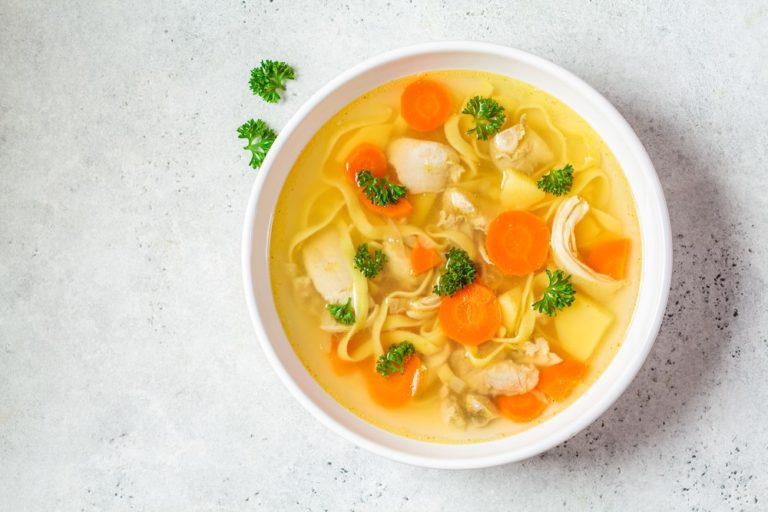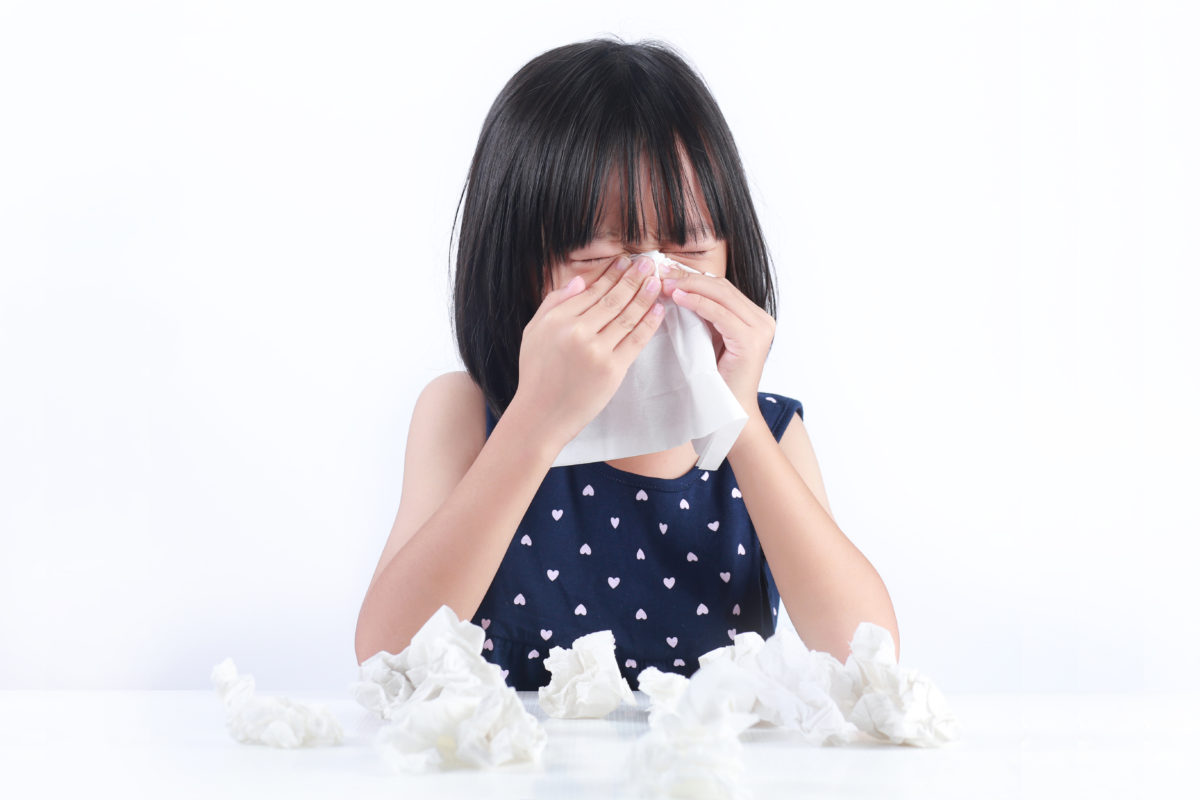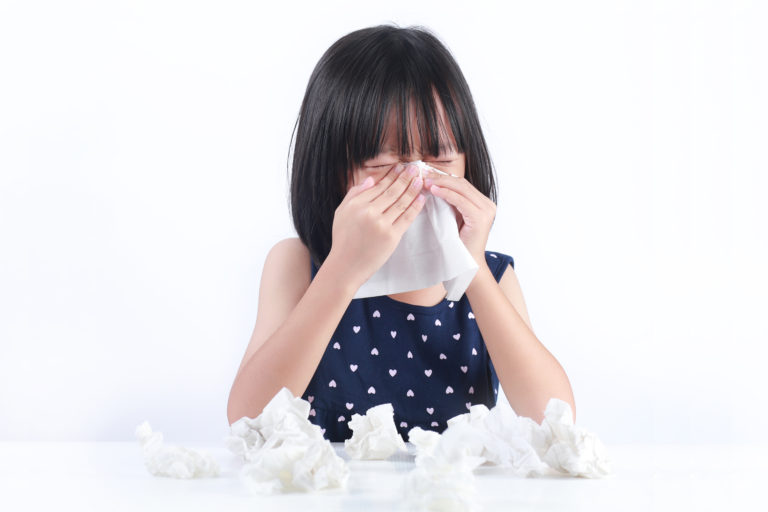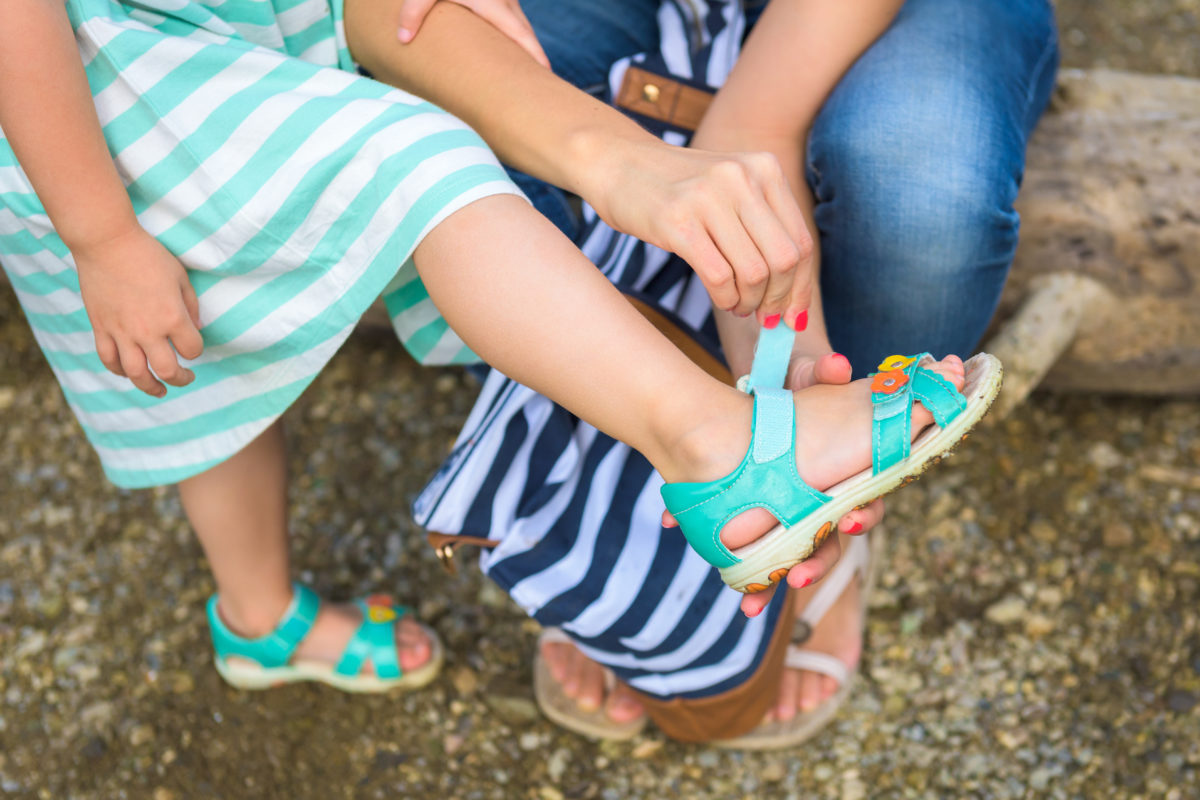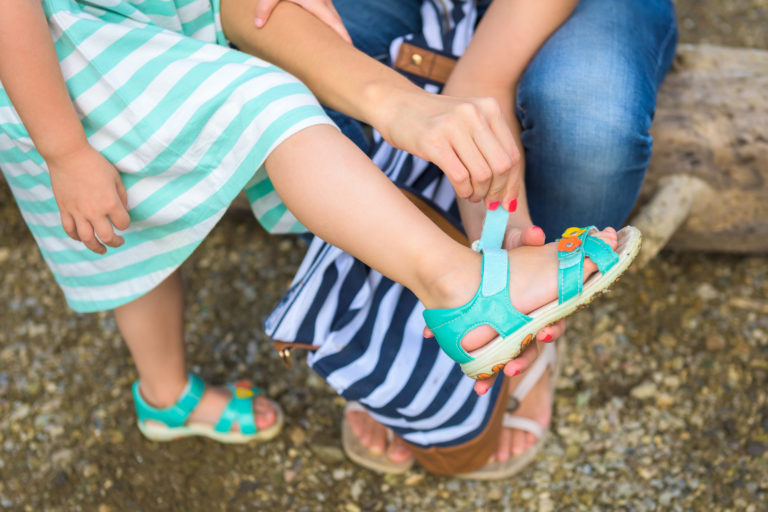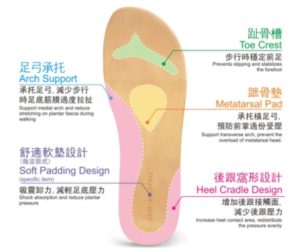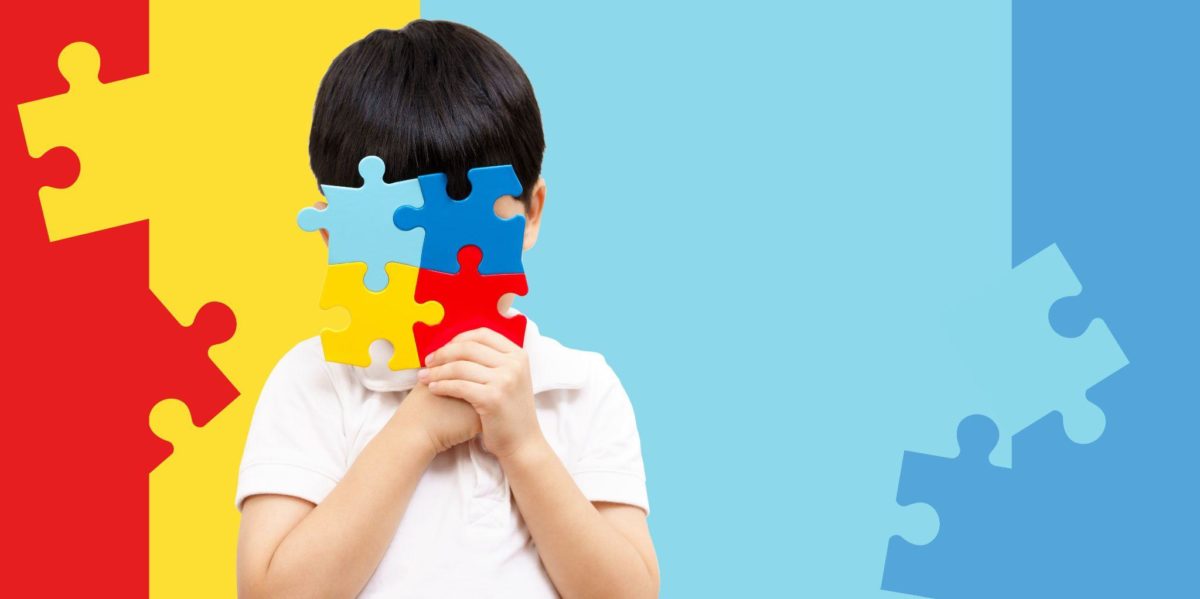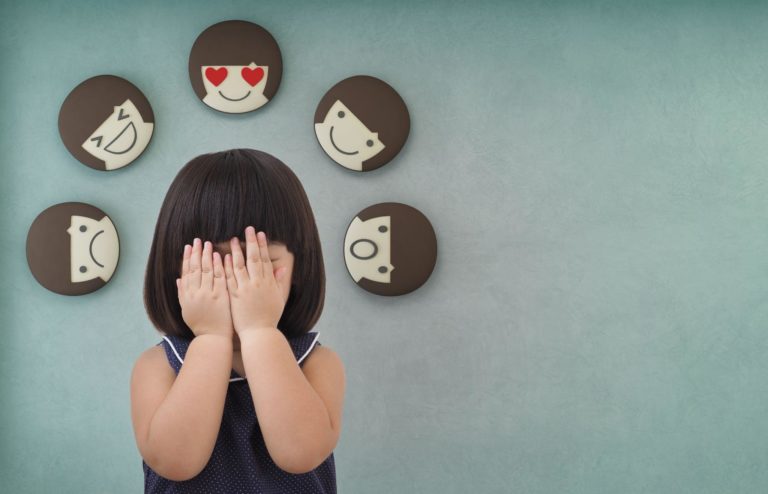Written by Chinese Doctor Yiu Yee Chiu
It is not easy to build a healthy and happy family. Starting from the first trimester, mothers-to-be have to face internal and external changes such as physical appearance, weight and weight, and even psychological and emotional changes. Mothers-to-be who are pregnant for the first time are more stressed and nervous. In addition, the stress may come from the partner and family members around her. I have seen some mothers who are pregnant with their second child and are overly worried because of the urgency of the sex of their child. In fact, children are a gift from God, so we should open our arms and obey God’s will, and our families should support us. However, there are many cases of postpartum depression. Therefore, I will share with you the treatment of postpartum depression from the perspective of Chinese medicine.
Prenatal and postnatal depression and blood stagnation
In Chinese medicine, there are six types of depression: qi depression, blood depression, phlegm depression, damp depression, heat depression and food depression. Postpartum depression is quite complex, with qi and blood depression being the most common. The theory of Chinese medicine is that “when evil qi is injured, the right qi will be deficient”. The body of the mother-to-be has to give a lot of nutrients and blood to the baby during pregnancy, and the pain, qi depletion and blood loss during the delivery process will cause the mother’s body to suffer a lot.
Later on, the mother’s busy schedule in taking care of the baby makes her physically exhausted, coupled with unclear dew and incomplete blood stasis, which causes the internal organs to be out of balance. At this time, the mother starts to feel weak, dizzy and headaches, pain in the lower abdomen, irritability and insomnia, and even affects the secretion of breast milk, such as lack of milk or low milk supply. In this case, the mother will feel frustrated, her emotions will be further affected, she will be irritable and prone to crying, and she will have a sense of loss and emptiness. These are all symptoms of postpartum depression.





